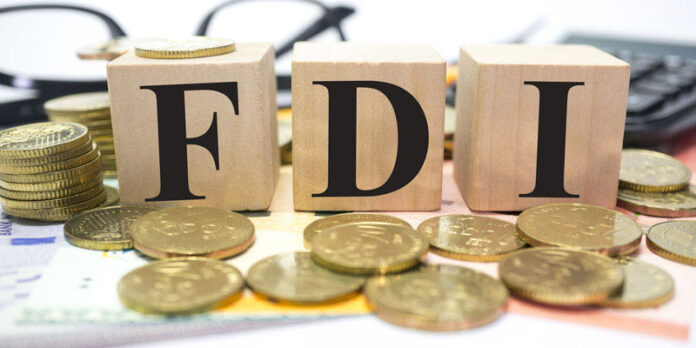The swings in commodity prices and a volatile economic climate, especially in Western Africa, have caused a drop in foreign direct investment in the six months to June this year.
The pick-up in commodity prices and implementation of the African Continental Free Trade Area (AfCFTA) signed in March were expected to prop up the continent’s inflows this year.
According to Unctad’s Investment Trends Monitor report released on October 16, once the AfCFTA comes into force it will trigger more inflows into the continent.
Last year, there was a 21 per cent drop in FDI inflows into the continent to $42 billion, with analysts predicting that it would increase by about 20 per cent this year to $50 billion, due to modest recovery in commodity prices and interregional economic co-operation.
“The expected FDI growth into the continent as result of the regional integration is yet to materialise,” the Unctad report said. FDI for the six months to June was recorded at $18 billion.
Southern Africa recorded the highest increase in FDI inflows — 40 per cent — driven by recovery and political stability in South Africa.
“The substantial increase in South African FDI was driven by a rise of inflows, at $3.4 billion, as compared with $1 billion over the same period last year,” said Unctad investment and enterprise division director James Zhan.
A decrease was recorded in West Africa, with a 17 per cent drop in the first half of this year, from $5.2 billion in the six months to June 2017 to $3.4 billion in the same period this year.
Egypt remained the top recipient of FDI, with an estimated increase of 24 per cent compared with a similar period last year.
The report is silent on the status of FDI in East Africa, which last year became the fastest-growing region in Africa, receive $7.6 billion, a 3 per cent drop as compared with 2016.
Ethiopia was the region’s top largest recipient of FDI, absorbing $3.6 billion in 2017, which was 10 per cent lower than the $4 billion it received in 2016.
Kenya had the highest increase in inflows at 71 per cent to $672 million, attributed to strong domestic demand and inflows in its ICT sector.
The pick-up in commodity prices and implementation of the African Continental Free Trade Area (AfCFTA) signed in March were expected to prop up the continent’s inflows this year.
According to Unctad’s Investment Trends Monitor report released on October 16, once the AfCFTA comes into force it will trigger more inflows into the continent.
Last year, there was a 21 per cent drop in FDI inflows into the continent to $42 billion, with analysts predicting that it would increase by about 20 per cent this year to $50 billion, due to modest recovery in commodity prices and interregional economic co-operation.
“The expected FDI growth into the continent as result of the regional integration is yet to materialise,” the Unctad report said. FDI for the six months to June was recorded at $18 billion.
Southern Africa recorded the highest increase in FDI inflows — 40 per cent — driven by recovery and political stability in South Africa.
“The substantial increase in South African FDI was driven by a rise of inflows, at $3.4 billion, as compared with $1 billion over the same period last year,” said Unctad investment and enterprise division director James Zhan.
A decrease was recorded in West Africa, with a 17 per cent drop in the first half of this year, from $5.2 billion in the six months to June 2017 to $3.4 billion in the same period this year.
Egypt remained the top recipient of FDI, with an estimated increase of 24 per cent compared with a similar period last year.
The report is silent on the status of FDI in East Africa, which last year became the fastest-growing region in Africa, receive $7.6 billion, a 3 per cent drop as compared with 2016.
Ethiopia was the region’s top largest recipient of FDI, absorbing $3.6 billion in 2017, which was 10 per cent lower than the $4 billion it received in 2016.
Kenya had the highest increase in inflows at 71 per cent to $672 million, attributed to strong domestic demand and inflows in its ICT sector.




